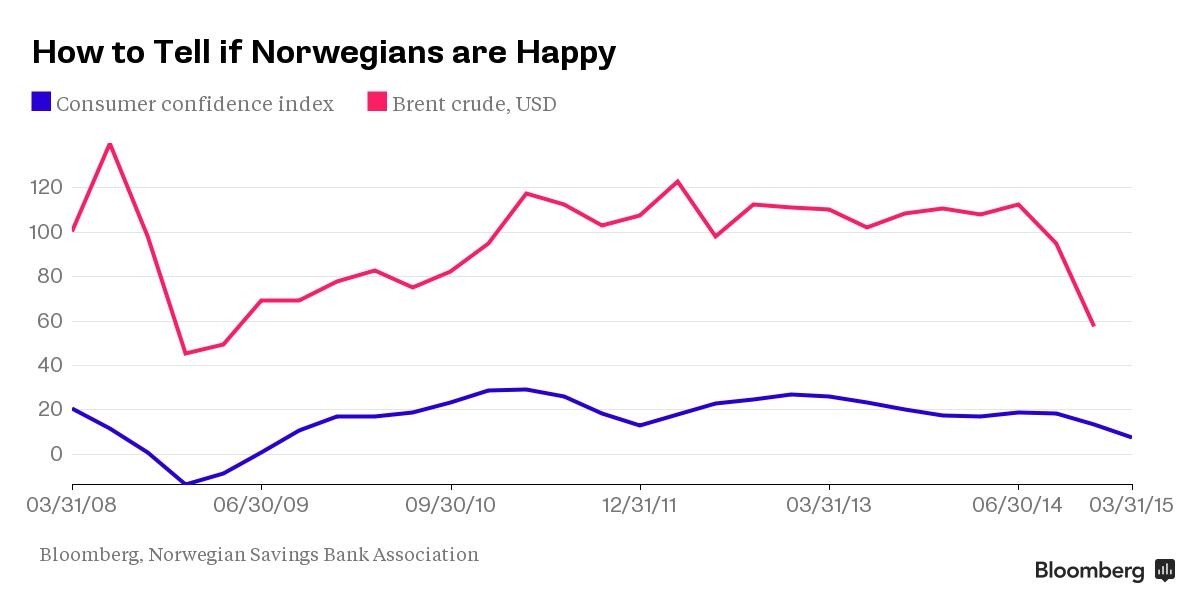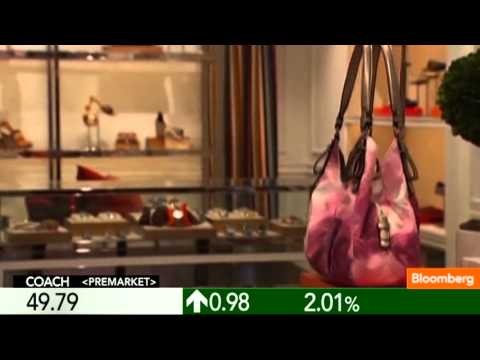Consumer Confidence in More Than Forecast Bloomberg Business
Post on: 7 Февраль, 2016 No Comment

Pedestrians walk past the display window of a store in the Harlem neighborhood of New York, on Feb. 23, 2014. Photographer: Craig Warga/Bloomberg
Feb. 25 (Bloomberg) — Consumer confidence fell more than forecast in February as growing concern about the U.S. economy’s direction outweighed improving perceptions of its current state.
The Conference Board’s index decreased to 78.1 from a revised 79.4 in January that was weaker than initially estimated, the New York-based private research group reported today. Another report showed home prices were increasing at a slower pace.
Fewer Americans projected business conditions would improve over the next six months, fueling anxiety over the outlook for jobs and incomes that risks restraining consumer spending. The world’s largest economy will need to see a pickup in household purchases to emerge from what’s shaping up to be a first-quarter slowdown as harsh winter weather holds back housing, manufacturing and hiring.
“The consumer feels that the economy has gotten better, but is not necessarily confident that it’ll continue to exhibit momentum going forward,” said Stephen Stanley, chief economist at Pierpont Securities LLC in Stamford, Connecticut, and the best confidence forecaster over the past two years, according to data compiled by Bloomberg. “The most important thing that would get consumers feeling better about the outlook is if the labor market improves more substantially.”
Stocks fell, with the Standard & Poor’s 500 Index failing to break a record for a second day. The S&P 500 declined 0.1 percent to 1,845.12 at the close in New York.
Survey Results
The median forecast in a Bloomberg survey of 82 economists called for the consumer confidence reading to ease to 80 from a previously reported 80.7 in January. Estimates ranged from 75 to 86. The index averaged 53.7 in the recession that ended in June 2009.
A report from S&P/Case-Shiller showed home values in 20 cities climbed 13.4 percent in December from the same month in 2012 after a 13.7 percent increase in the year ended in November. It marked the first deceleration in year-to-year gains since June.
Price appreciation is slowing as rising mortgage rates combined with harsh winter weather have cooled home purchases over the past few months. Smaller increases mean more homes will remain affordable as the labor market improves, helping maintain the rebound in residential real estate that has boosted growth.
“The housing recovery continues, but perhaps not as vigorously as it did in the first half of last year,” said Michael Feroli, chief U.S. economist at JPMorgan Chase & Co. and the best forecaster of the home-price index during the past two years, according to Bloomberg calculations. “Even so, appreciation trends still look pretty good even though they may not be as strong as they were.”
Waning Expectations
The Conference Board’s measure of consumer expectations for the next six months declined to 75.7 from 80.8 a month before. The share of consumers who said jobs would become more plentiful fell to 13.3 percent from 15.1 percent.
“Consumer confidence declined moderately in February, on concern over the short-term outlook for business conditions, jobs and earnings,” Lynn Franco, director of economic indicators at the Conference Board, said in a statement. “Consumers believe the economy has improved, but they do not foresee it gaining considerable momentum in the months ahead.”
The Conference Board’s present conditions measure increased to 81.7 this month, the highest since April 2008, from 77.3. Consumer views of current labor-market conditions improved. The share of respondents who said jobs were plentiful rose this month to 13.9 percent, the most since June 2008, from 12.5 percent.
More Hiring
While more respondents continued to say jobs were hard to get than said employment was plentiful, the difference this month was the smallest since August 2008.

“We’re not too worried about a downside here,” said Sean Incremona, a senior economist at 4cast Inc. in New York who estimated a reading of 78. “The labor market does look to be on healthier footing notwithstanding the recent weather impacts.”
Other confidence measures have also been mixed. The Thomson Reuters/University of Michigan preliminary February index was unchanged at 81.2 from a month earlier. The Bloomberg Consumer Comfort Index showed the gap between positive and negative expectations rose to minus 3 in February, an eight-month high.
The drop in the Conference Board’s index follows figures that showed purchases at U.S. retailers declined in January by the most since June 2012. Retail sales fell 0.4 percent as bad weather and limited employment growth prompted shoppers to pull back, Commerce Department figures showed this month.
Payroll Gains
The job market has also been affected as payrolls in December and January showed the smallest back-to-back gains in three years, according to data from the Labor Department.
“While some economic metrics are improving modestly, the recovery has been uneven, and mostly measures remain well below pre-recession level,” Martin Barrington, chief executive officer at Richmond, Virginia-based Altria Group Inc. the largest seller of tobacco in the U.S. said at a conference in New York on Feb. 19.
Higher prices at the gas pump may also weigh on consumers’ moods. The average cost of a gallon of regular gasoline was $3.43 yesterday, the highest level since September, according to data from AAA, the nation’s largest motoring organization.
To contact the reporter on this story: Katherine Peralta in Washington at kperalta2@bloomberg.net
To contact the editor responsible for this story: Carlos Torres at ctorres2@bloomberg.net














